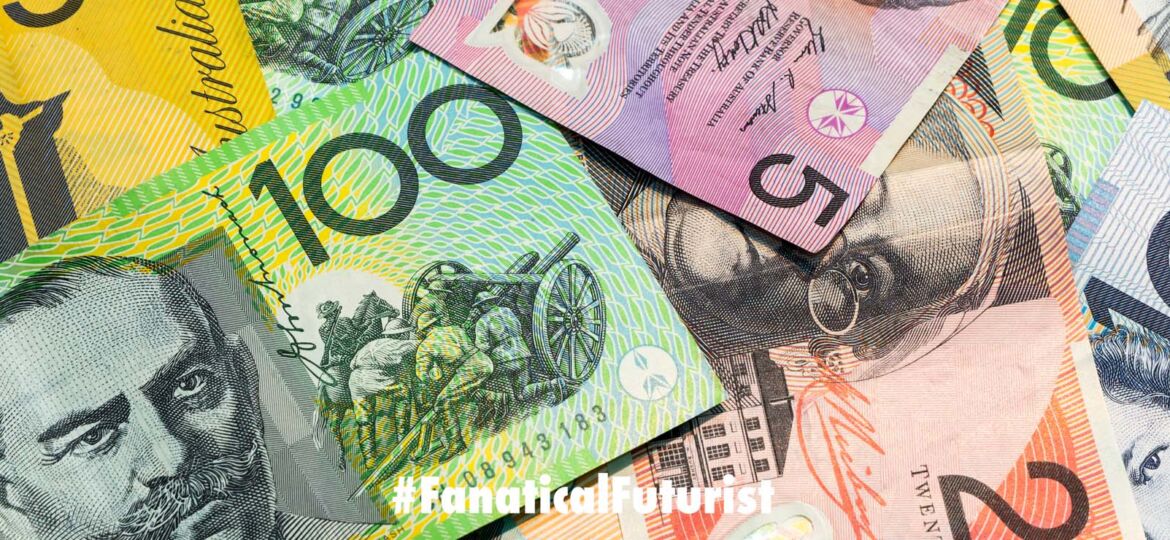
WHY THIS MATTERS IN BRIEF
Countries are creating their own digital currencies to replace their traditional ones, but some are still unsure …
 Love the Exponential Future? Join our XPotential Community, future proof yourself with courses from XPotential University, read about exponential tech and trends, connect, watch a keynote, or browse my blog.
Love the Exponential Future? Join our XPotential Community, future proof yourself with courses from XPotential University, read about exponential tech and trends, connect, watch a keynote, or browse my blog.
As Central Bank Digital Currencies (CBDC) – digital equivalents of a sovereign country’s cash – slowly gather steam, with China launching one, and Europe, the UK, the US, and others all taking steps to create their own and testing them, the head of Australia’s central bank still sees no strong case for a retail digital currency in the country, though he conceded one could emerge as technology and public preferences are changing rapidly.
In a speech on the payments system on Thursday, Reserve Bank of Australia (RBA) Governor Philip Lowe also said regulators were reviewing the treatment of crypto-assets, and cautioned investors to be wary of the risks when buying.
This comes as the government is launching the biggest overhaul of Australia’s A$650 billion-a-day ($466 billion) payments industry in a quarter of a century.
Lowe said the growth of digital wallets could allow the exchange of tokens or digital forms of money which could be backed by the RBA.
“This would be a form of retail CBDC – or an eAUD,” said Lowe. “To date, though, we have not seen a strong public policy case to move in this direction, especially given Australia’s efficient, fast and convenient electronic payments system.”
Lowe said a case could emerge as technology evolves and there would be advantages in any digital payment tokens being backed by the central bank.
“A lesson from history is that privately issued and backed money all too often ends in financial instability and losses for consumers,” he added.
If private digital tokens, or stablecoins, were to develop they would need to be backed by high-quality assets and meet high standards for safety and security, he said.
He was also sceptical about the need for a cryptocurrency not linked directly to the Australian dollar or backed by a particular entity or assets, partly because of their volatility.
















